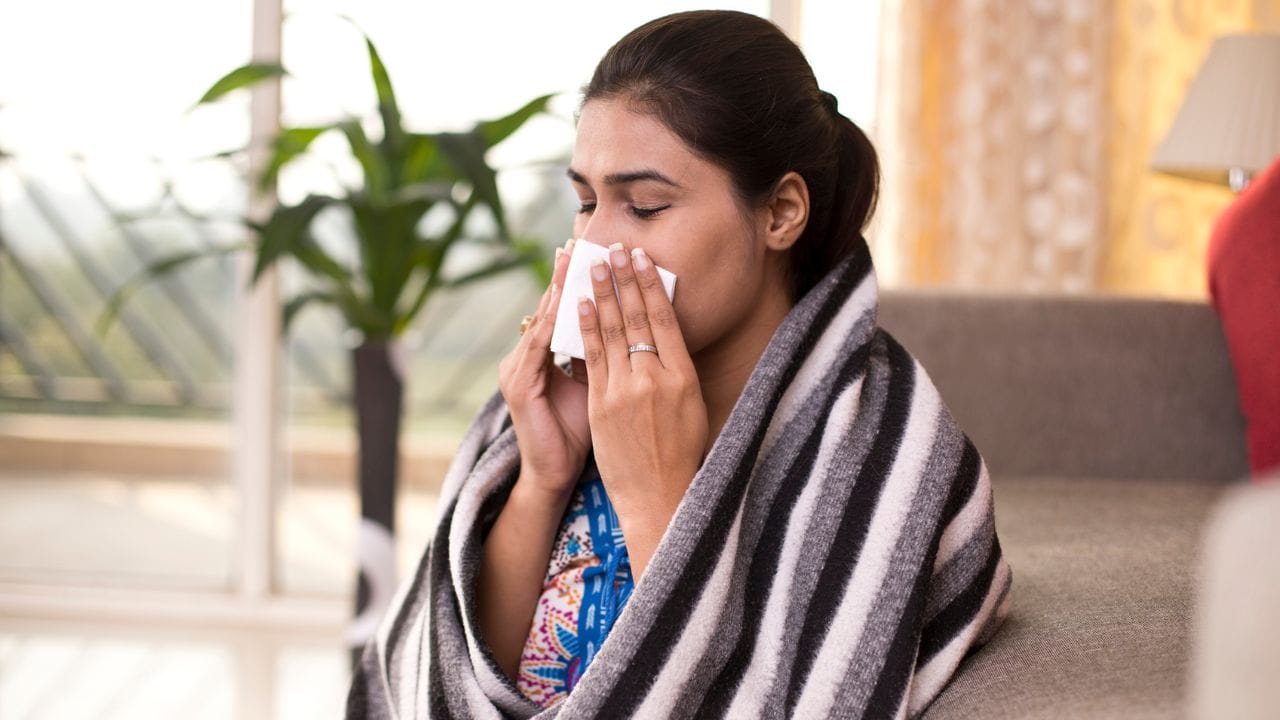frequent worsening of health Image Credit source: Getty images
Everyone gets cold sometimes. There is more danger when the weather changes, but if you are facing this problem every month then do not ignore it, these can be the initial symptoms of some serious disease. What disease is frequent cold and when is it necessary to consult a doctor? To know about this we have talked to experts.
Dr. Ravi Mehar, HOD, ENT Department, Maulana Azad Medical College and Associate Hospitals, Delhi. Has told. Dr. Ravi explains that again and again Cold If this is happening then this is not a common thing. It can happen for many reasons. The most common of these is allergic rhinitis. Due to this problem, problems like constant sneezing, watery nose, itching in the nose occur. This happens when due to changing weather, many types of viruses become active and they attack your body. Allergy caused by weather causes cold. If you have this problem continuously then it is important to see a doctor.
Sinus problem is also a big reason
Dr. Ravi explains that the problem of frequent cold can also be due to sinus. In chronic sinusitis, cold occurs again and again and lasts for a long time, hence the problem of cold persists. Even in this situation, it is important to consult a doctor. Sinus problems can be cured with medicines or surgery.
weak immunity
Having a common cold also means that your immunity has become weak. Due to weak immunity, viruses easily attack the body. Due to this, cold occurs again and again. To improve immunity, you need to pay attention to your diet.
When does this problem become serious?
Having a cold for more than 23 weeks
trouble breathing with cold
persistent change or hoarseness in voice
recurring fever
How to protect?
protect from dust and smoke
do not drink cold water
Take care of your health when the weather changes
stay away from smoking
